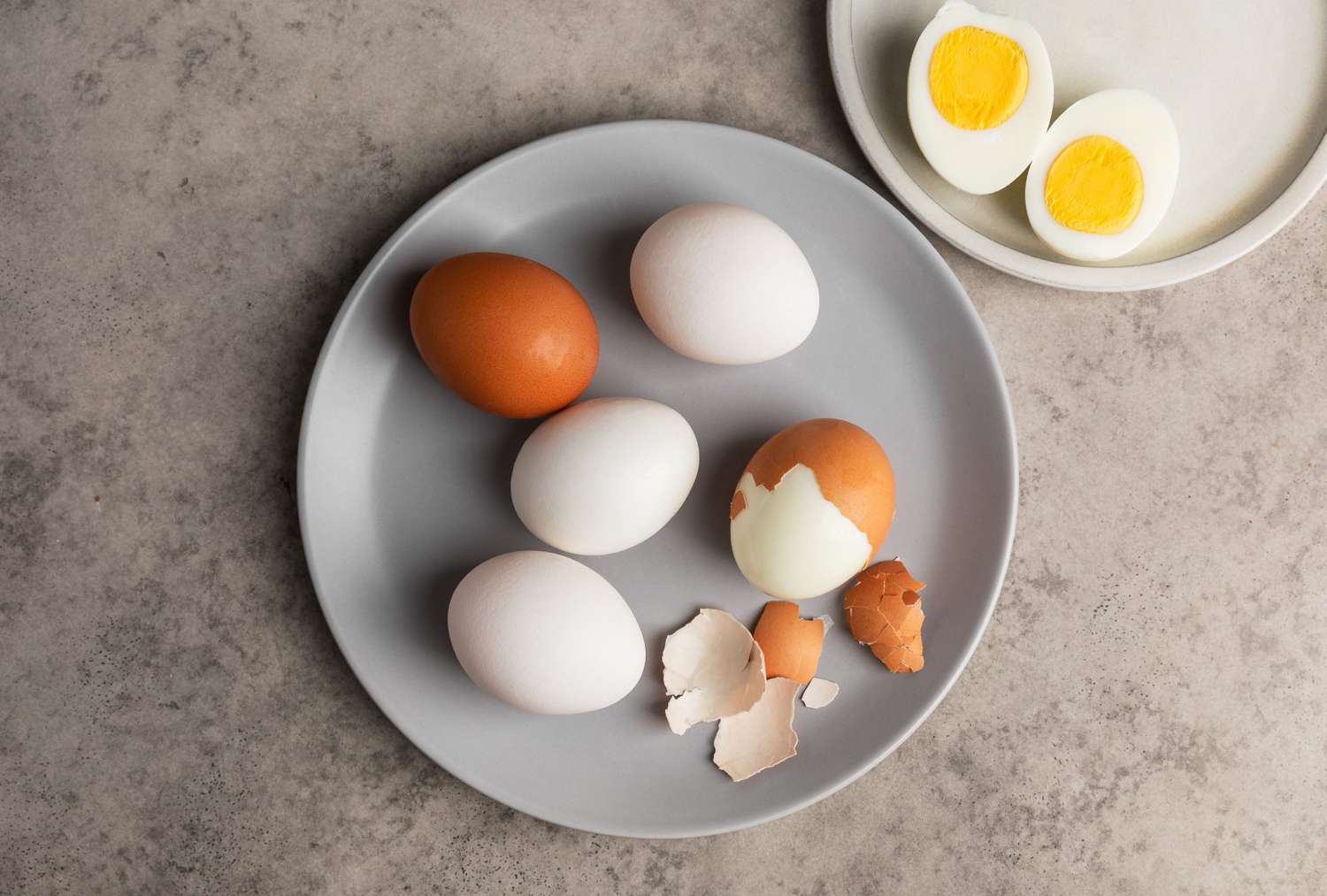Freezing eggs can be a smart way to reduce food waste and always have a convenient supply on hand. However, not all eggs freeze well in every form. For example, hard-boiled eggs do not maintain their original texture when frozen and thawed. Once defrosted, boiled eggs often become tough, rubbery, and watery, which makes them unpleasant to eat.
The good news? With the right preparation, raw eggs—whether whole, separated, or just the yolks—can be frozen successfully. Here’s how to do it safely and effectively.
How to Freeze Whole Eggs
Whole eggs should never be frozen in their shells, as the liquid inside expands and can crack the shell, leading to freezer burn or contamination. Instead:
- Crack the eggs into a bowl.
- Beat gently until just blended (do not overbeat, as this can affect texture).
- Pour the mixture into a freezer-safe container, leaving room for expansion.
- Seal tightly with a lid or plastic wrap.
- Label with the date—frozen eggs can be kept for up to one year for best quality.
When ready to use, thaw overnight in the refrigerator and cook thoroughly.
For more details on freezing and storage times, see our guide on can I freeze eggs?.
How to Freeze Egg Whites
Egg whites freeze beautifully and are the easiest part of the egg to preserve. Simply:
- Separate the whites from the yolks, ensuring no yolk gets into the whites.
- Pour the whites into a freezer-safe container.
- Cover with a tight-fitting lid and label with the date.
Frozen egg whites can be thawed overnight in the fridge and whipped up into meringues, angel food cake, or used in omelettes and scrambles. They maintain their structure and performance very well after freezing.
How to Freeze Egg Yolks
Yolks are a little trickier. When frozen on their own, they tend to become thick and gelatinous, which makes them difficult to use later. To prevent this, you’ll need to add a small amount of sugar or salt before freezing:
- For savoury dishes: Beat in ⅛ teaspoon (0.5 mL) of salt per ¼ cup (50 mL), which is about 4 yolks.
- For sweet dishes: Beat in 1½ teaspoons (7.5 mL) of sugar or corn syrup per ¼ cup (50 mL) of yolks.
Once mixed, pour into a freezer-safe container, cover tightly, and label with the date and whether you added salt or sugar.
When thawing, always do so in the refrigerator. Be sure to use salted yolks for savoury recipes like quiches or casseroles, and sweetened yolks for desserts or baked goods.
For more information, check out our resource on how to freeze egg yolks and for how long.
Tips for Freezing and Thawing Eggs Safely
- Always label containers with the date and number of eggs inside for easy use later.
- Use airtight containers or freezer bags to prevent freezer burn.
- Thaw eggs in the refrigerator, not on the counter, to reduce the risk of bacterial growth.
- Cook thawed eggs thoroughly—never use them in raw preparations like homemade mayonnaise or eggnog unless they are pasteurised.
- For best quality, use frozen eggs within one year.
While hard-boiled eggs don’t freeze well due to changes in texture, raw eggs can be preserved successfully if you prepare them correctly. Whole eggs, yolks, and whites each require a slightly different method, but all can be safely frozen and stored for months.
Freezing eggs not only helps you cut down on waste but also ensures you always have a nutrient-rich protein source ready for baking, cooking, or whipping up a quick meal.
For a complete guide, explore:
With the right preparation, you’ll never have to worry about running out of eggs again.
